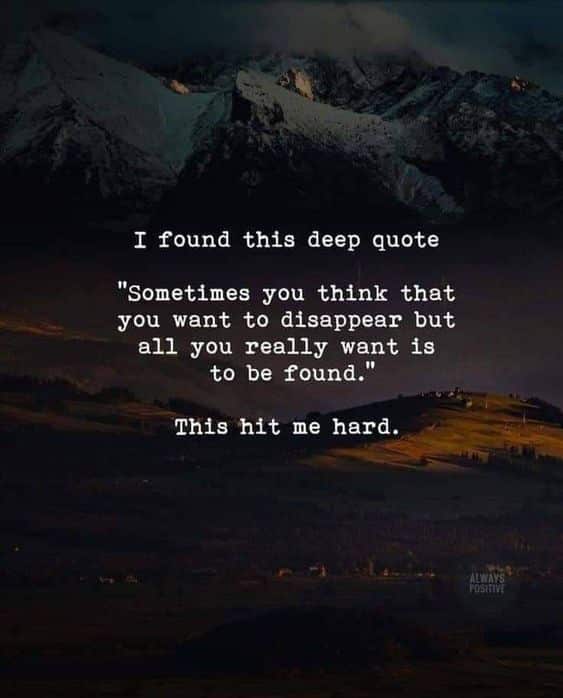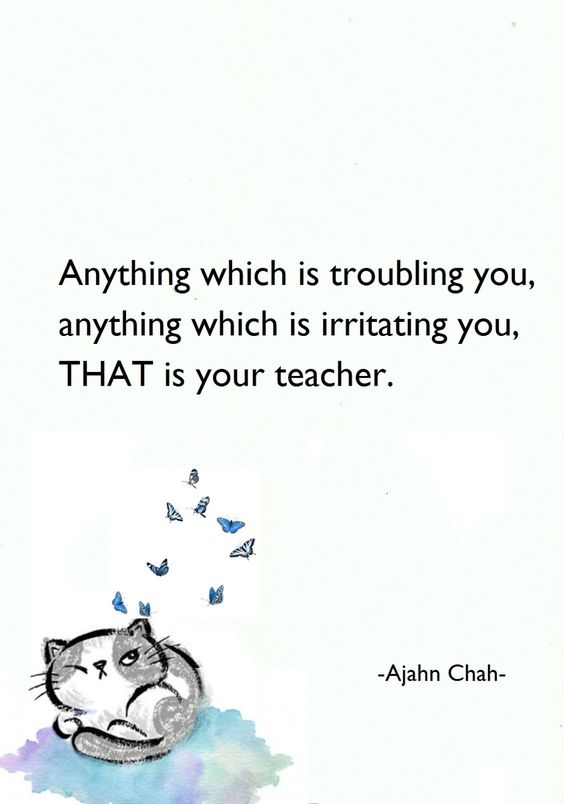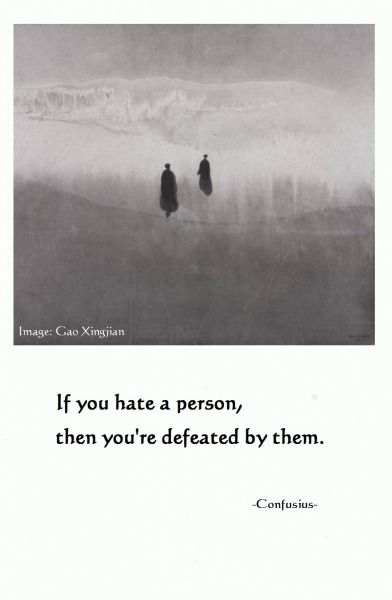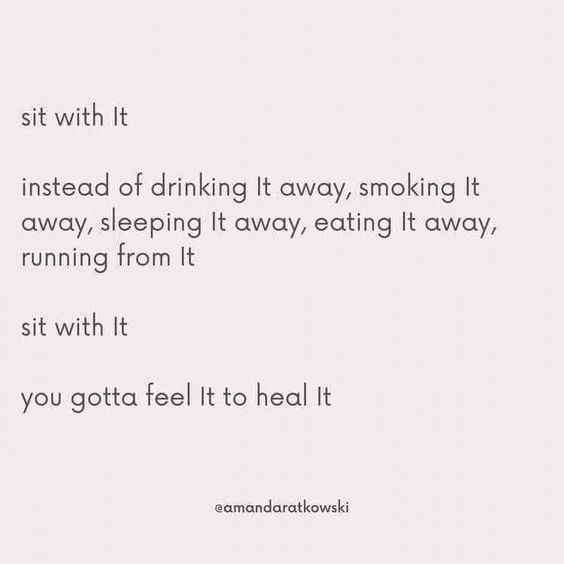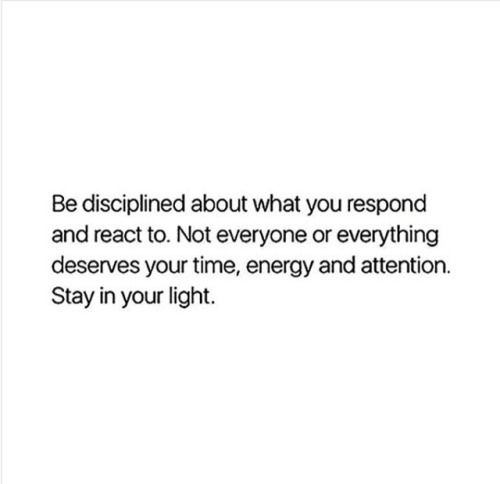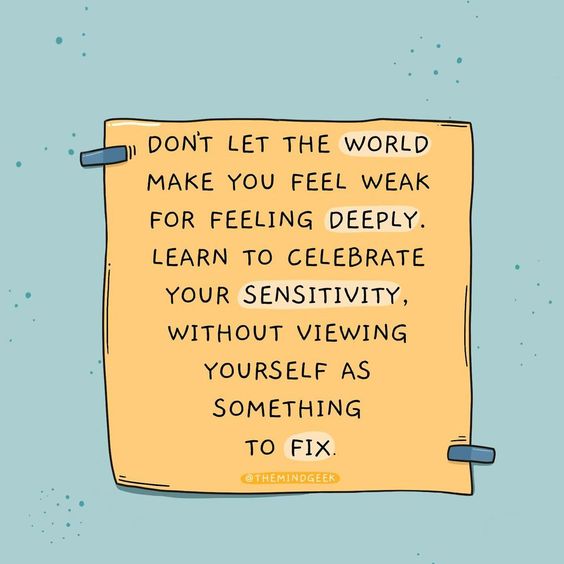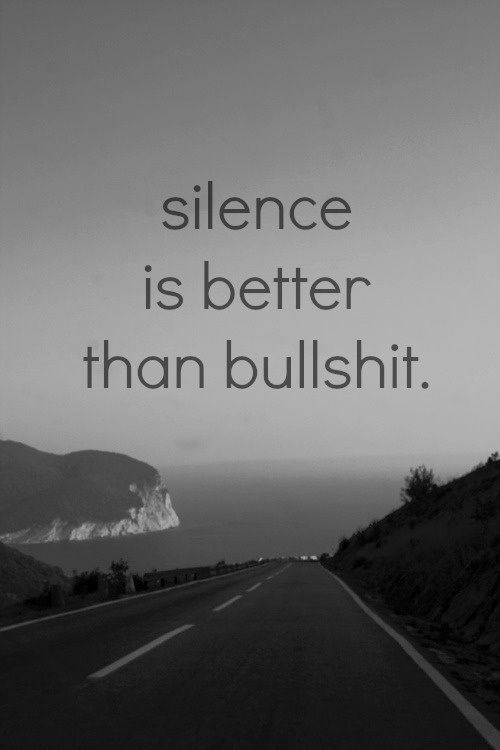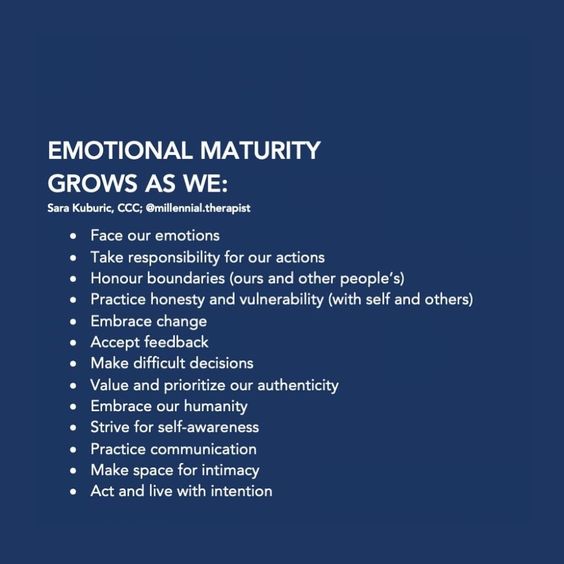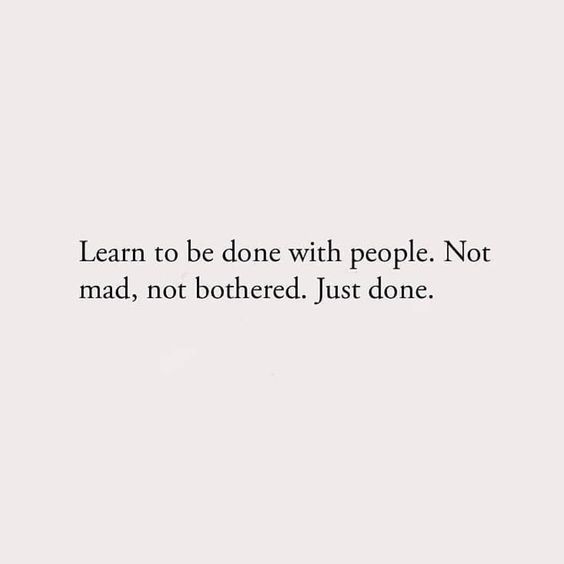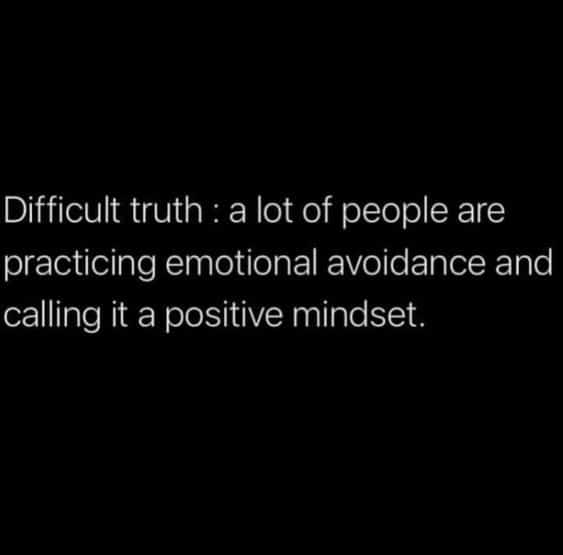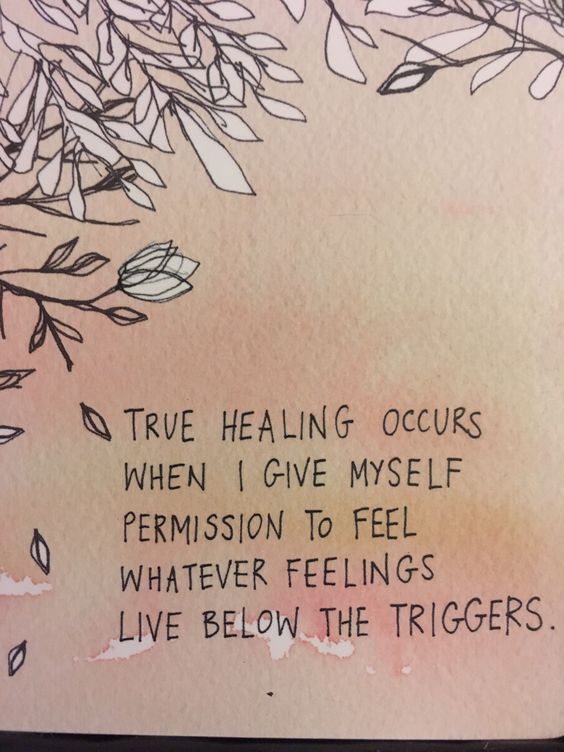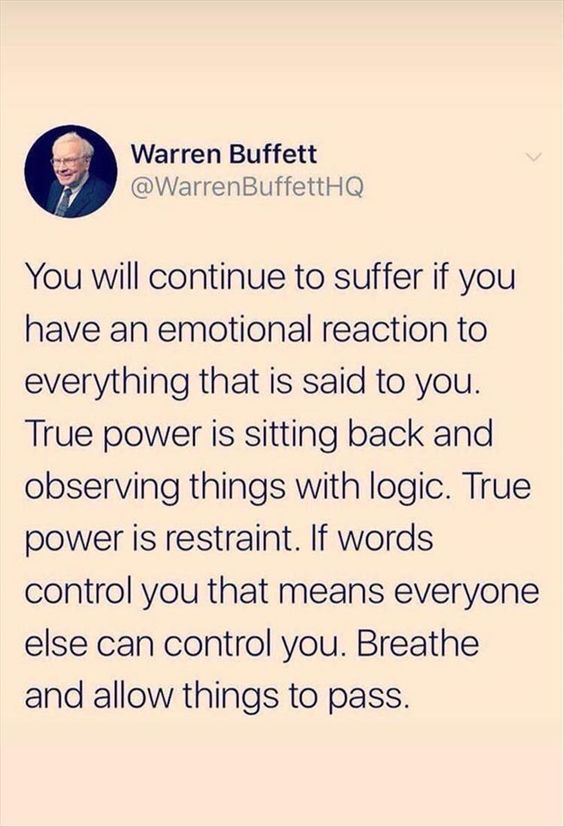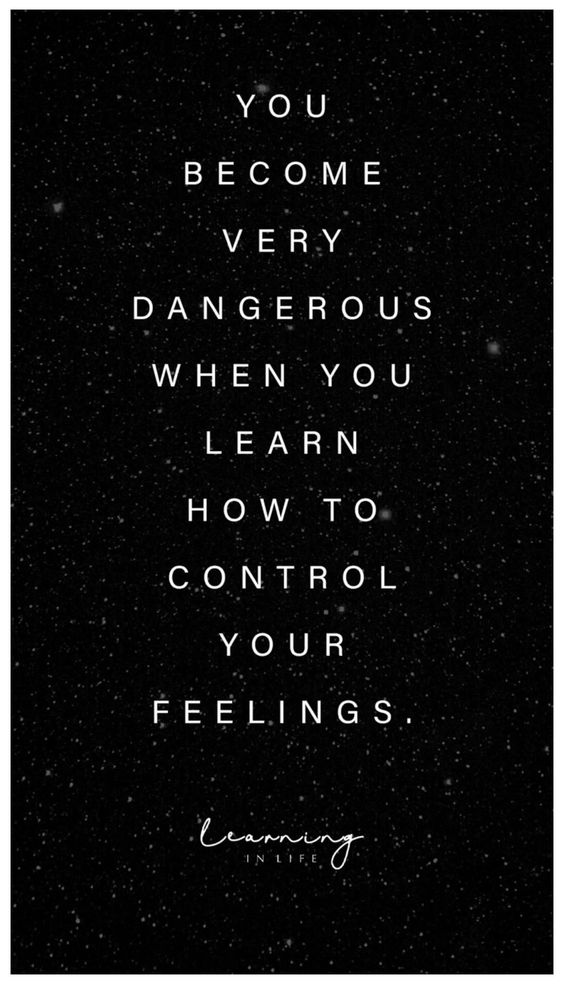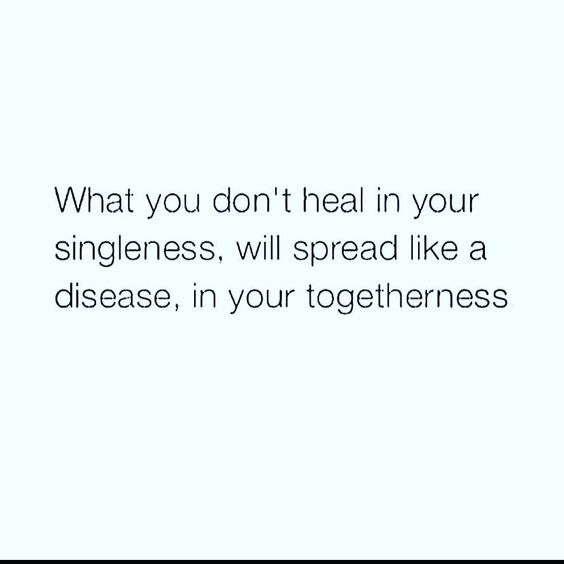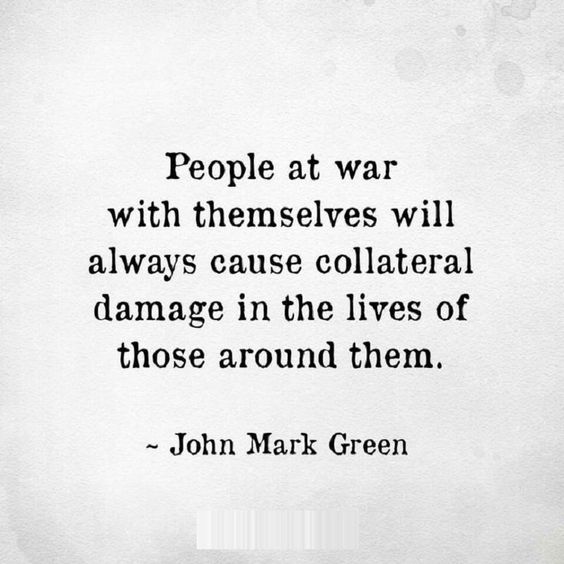“There is a palace that opens only to tears.”
Zohar, via Sunbeams (Page 159)
“We tend to think of the rational as a higher order, but it is the emotional that marks our lives. One often learns more from ten days of agony than from ten years of contentment.”
Merle Shain, via Sunbeams (Page 155)
“When we lay claim to the evil in ourselves, we no longer need fear its occurring outside of our control. For example, a patient comes into therapy complaining that he does not get along well with other people; somehow he always says the wrong thing and hurts their feelings. He is really a nice guy, just has this uncontrollable, neurotic problem. What he does not want to know is that his ‘unconscious hostility’ is not his problem, it’s his solution. He is really not a nice guy who wants to be good; he’s a bastard who wants to hurt other people while still thinking of himself as a nice guy. If the therapist can guide him into the pit of his own ugly soul, then there may be hope for him… Nothing about ourselves can be changed until it is first accepted.”
Sheldon Kopp, If You Meet The Buddha On the Road, Kill Him, via Sunbeams (Page 137)
“There is no vice which lacks a defense, none that at the outset isn’t modest and easily intervened—but after this the trouble spreads widely. If you allow it to get started you won’t be able to control when it stops. Every emotion is at first weak. Later it rouses itself and gathers strength as it moves along—it’s easier to slow it down than to supplant it.”
Seneca, Moral Letters, via The Daily Stoic (Page 175)
